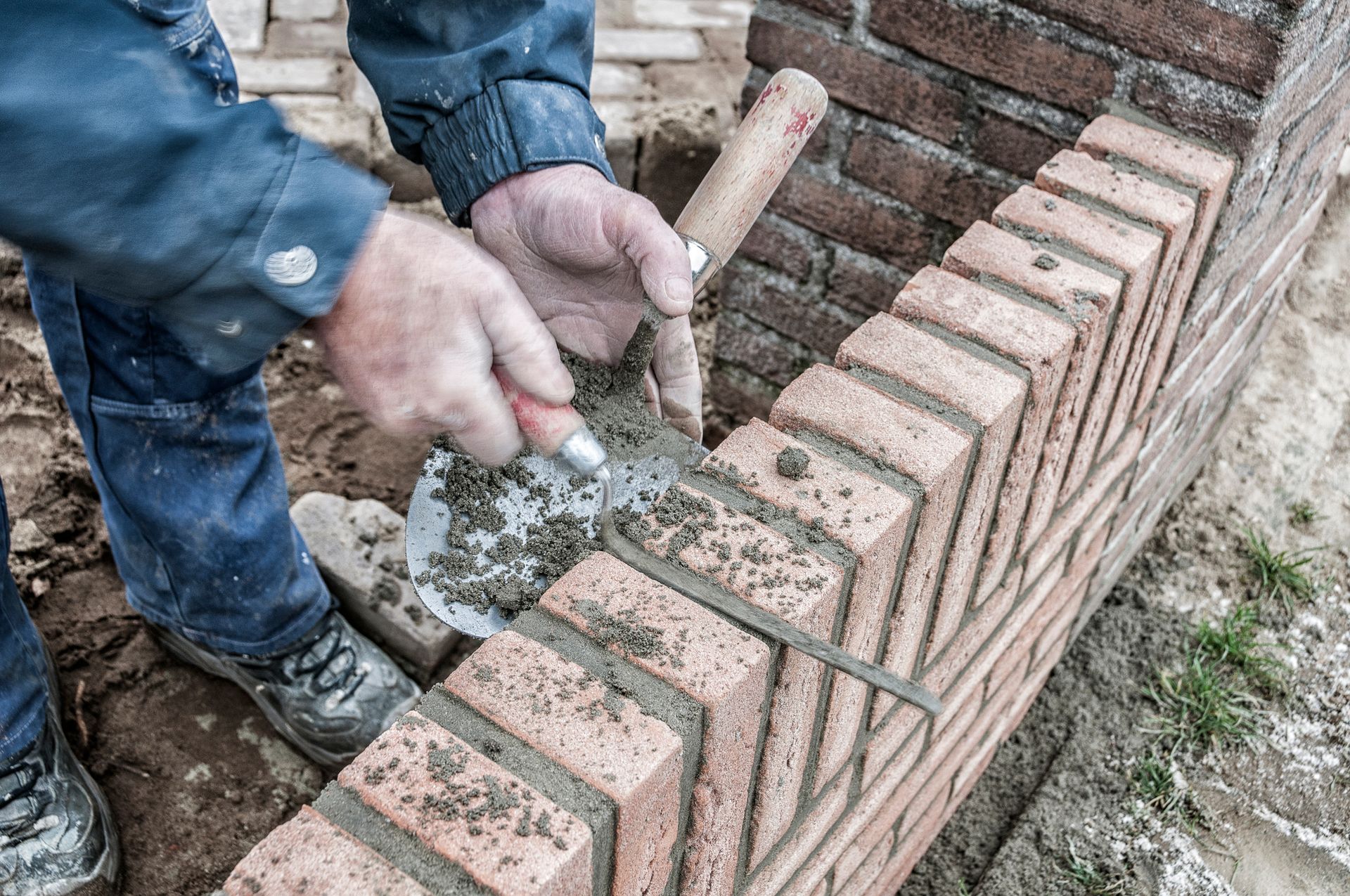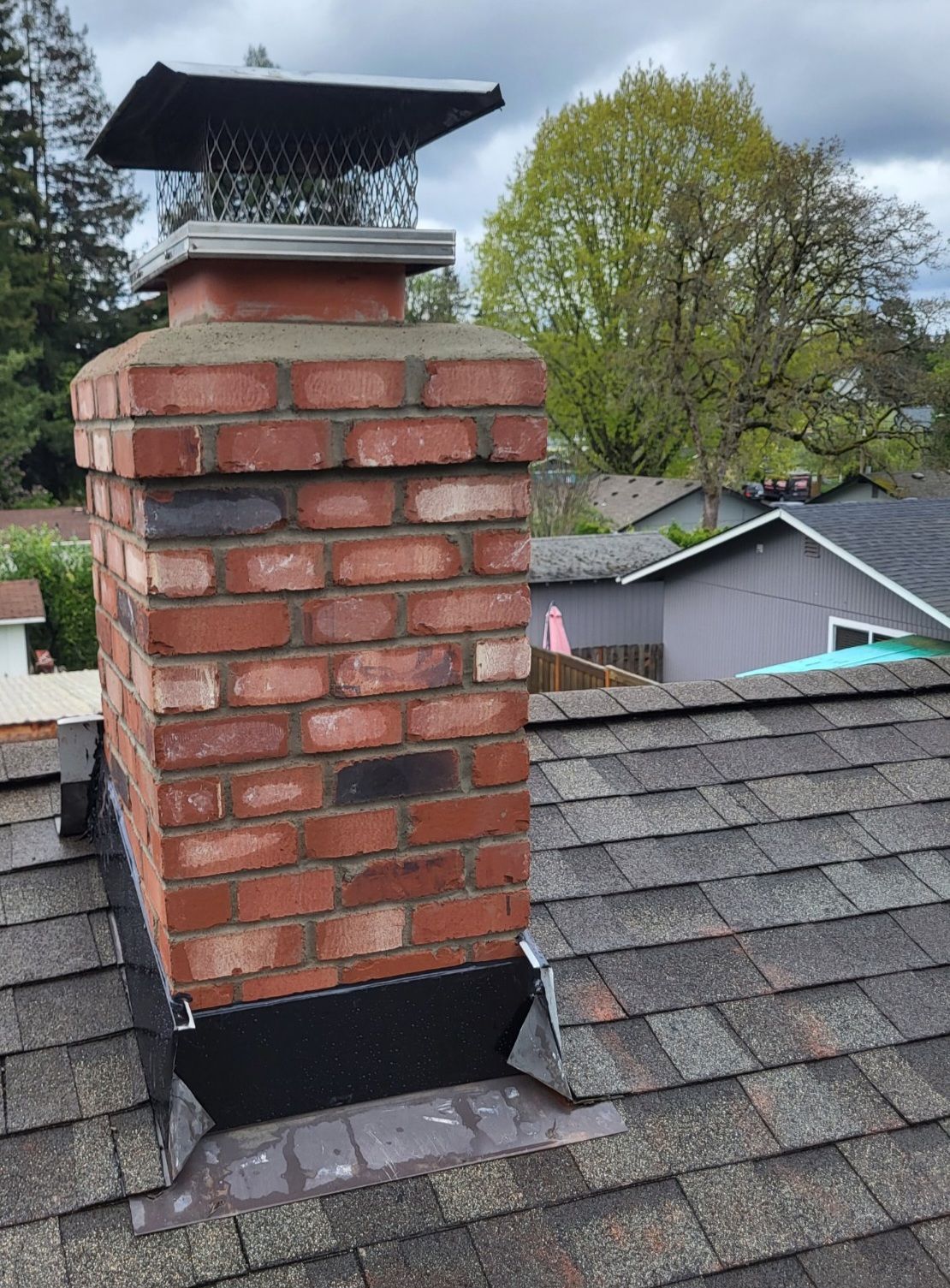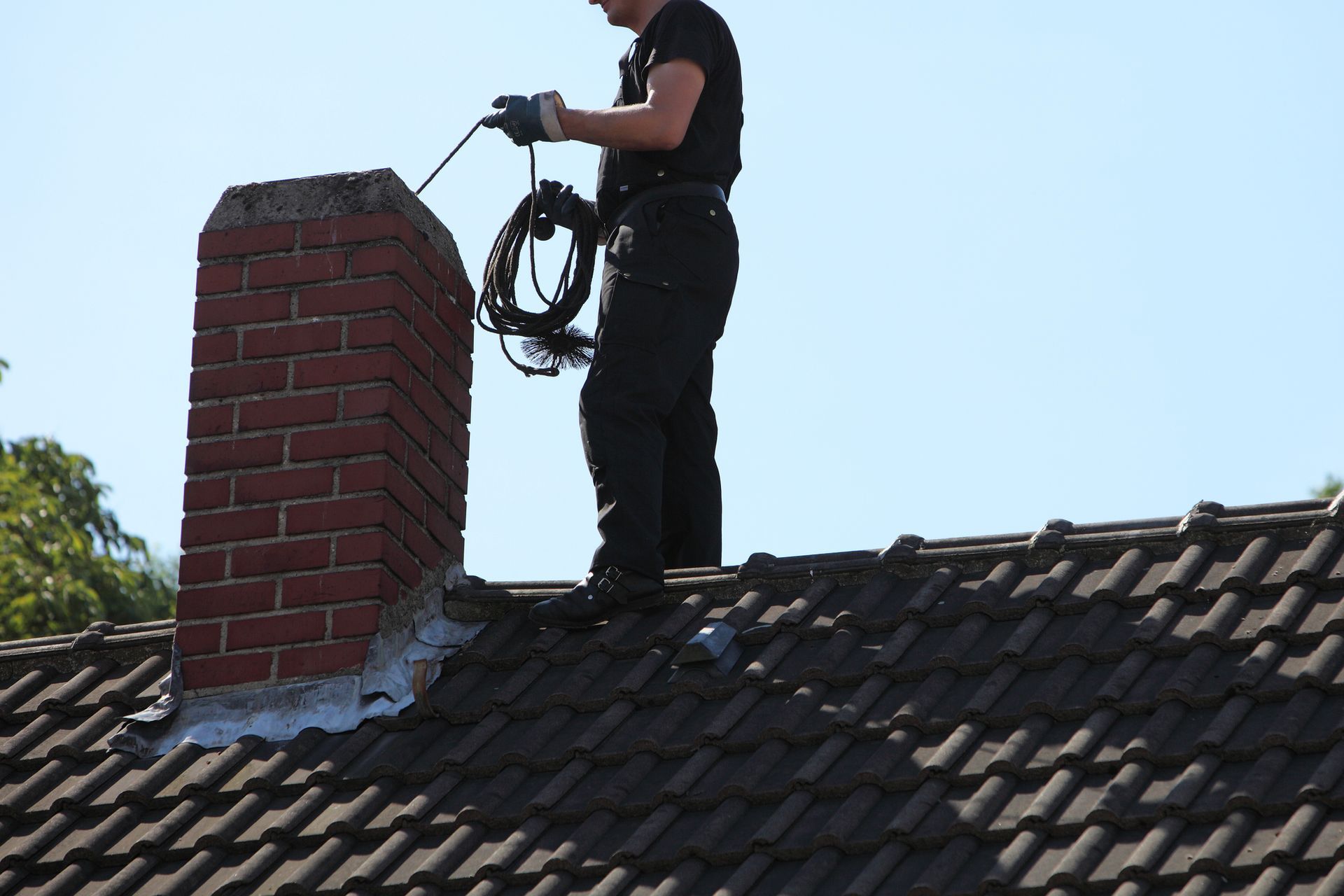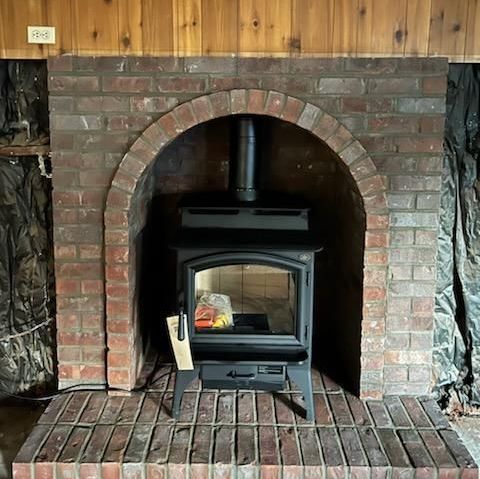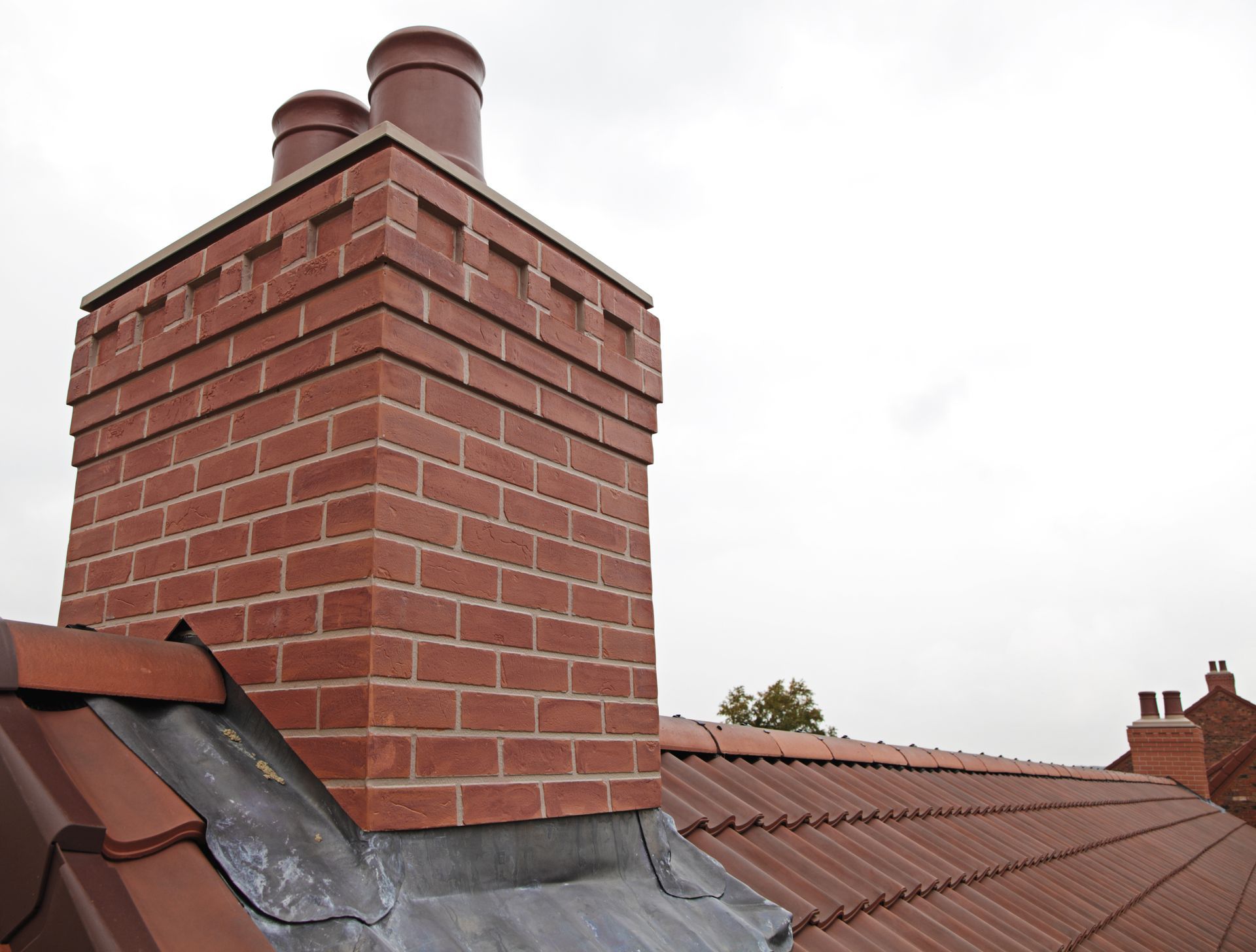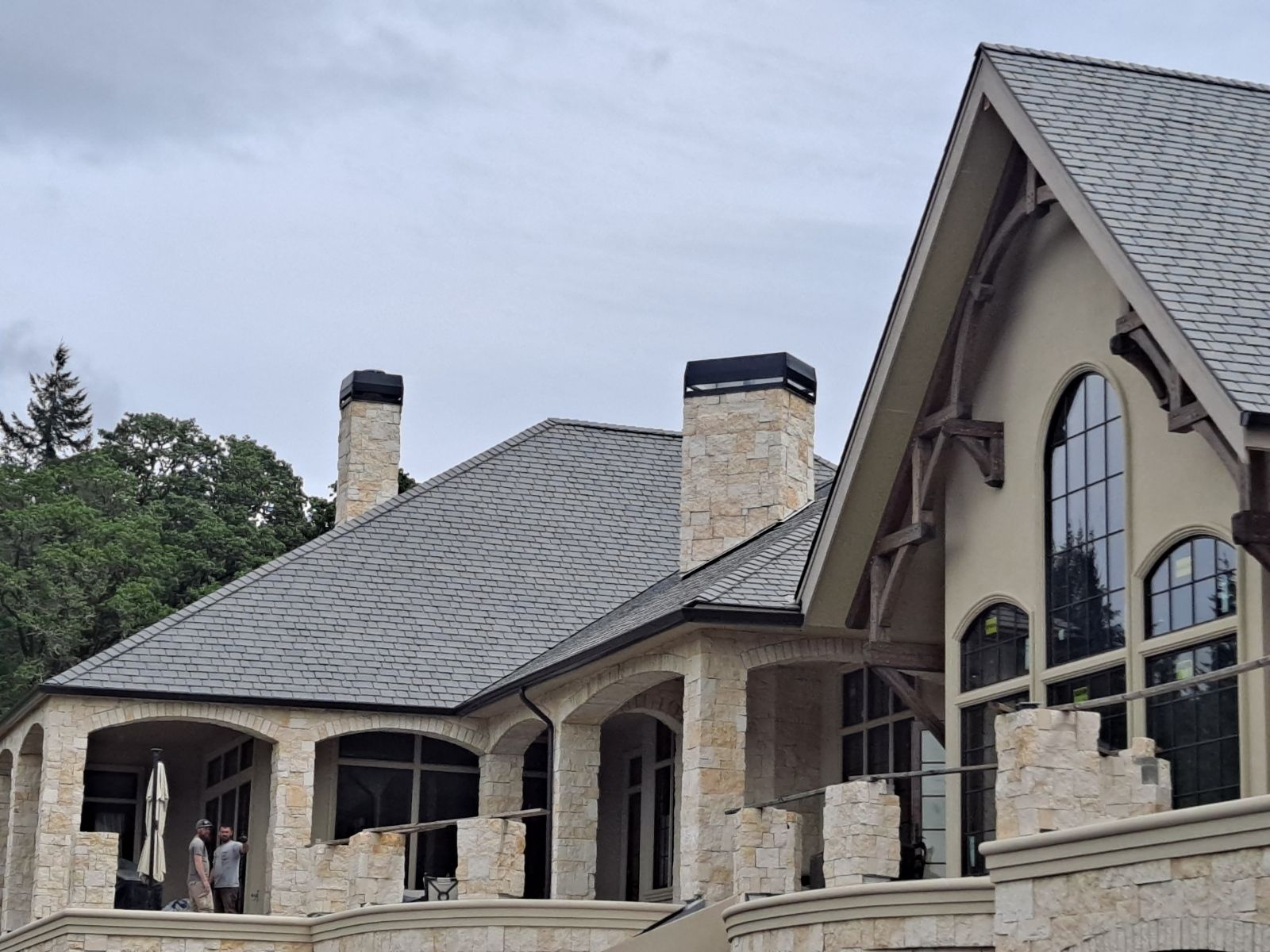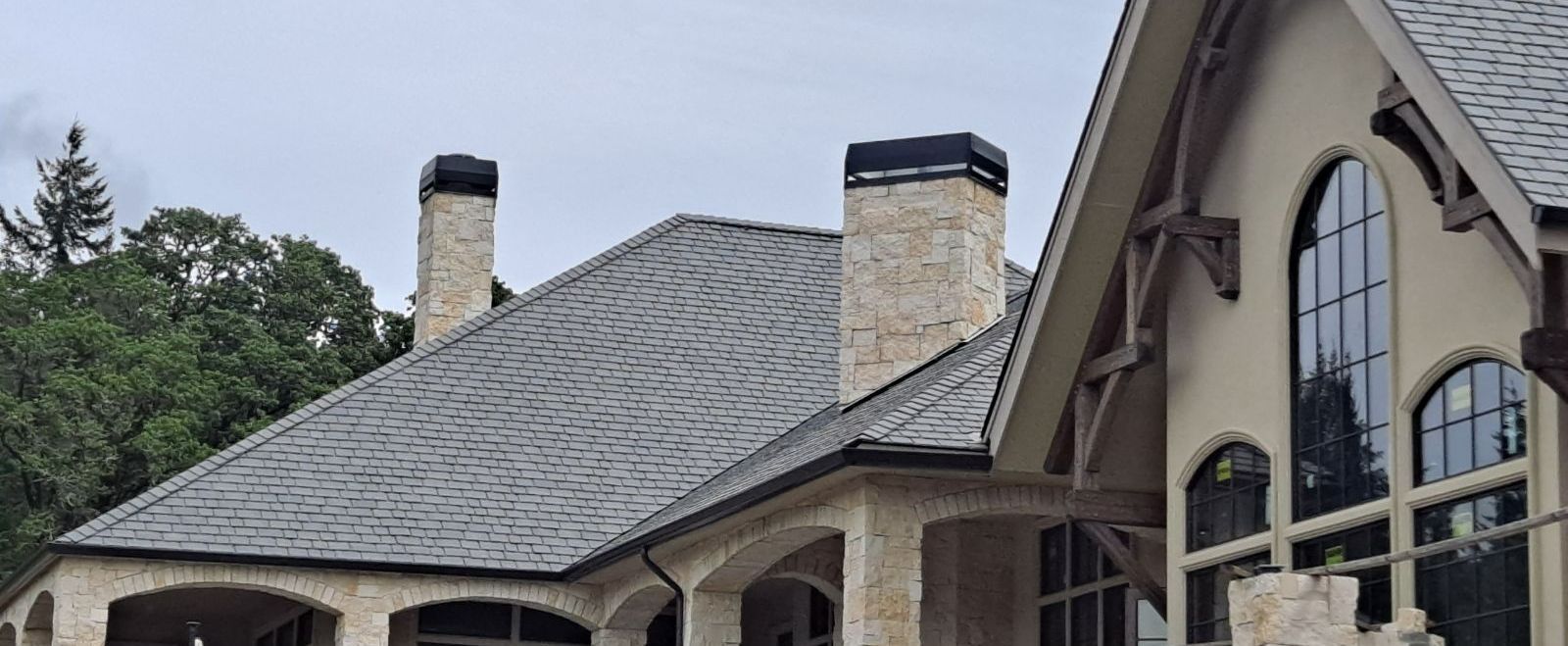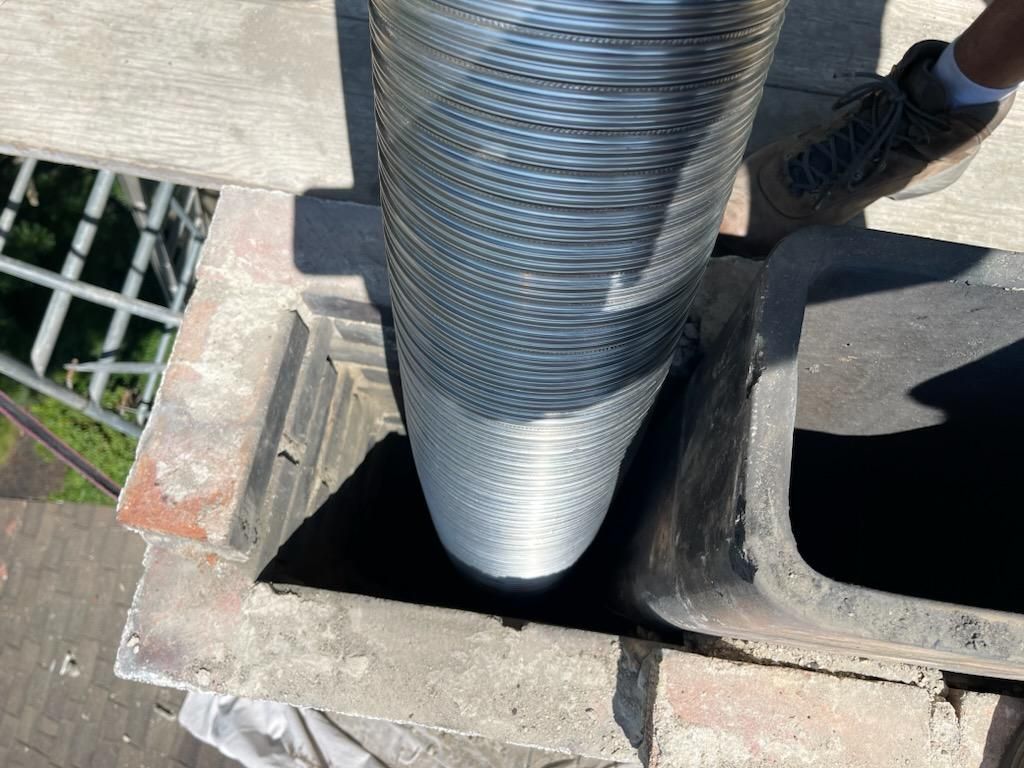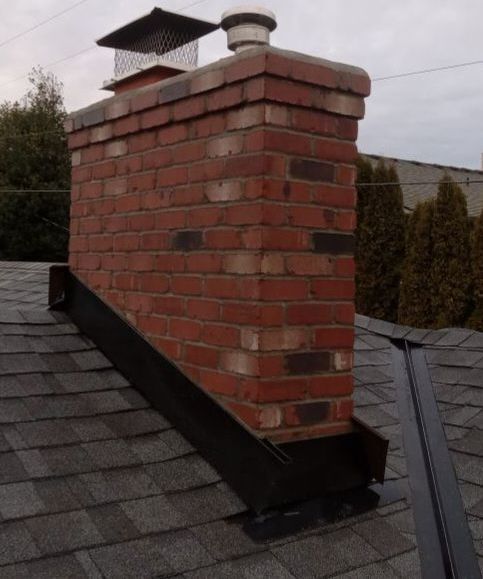How the Freeze-Thaw Cycle Affects Your Brick Home
How the Freeze-Thaw Cycle Damages Brick Homes
There are many factors in your home’s upkeep, but one that is often ignored is how the freeze-thaw cycle affects your brick. The freeze-thaw cycle is a natural weather phenomenon commonly experienced in regions with harsh winters. This cycle can cause serious damage to your brick home if it isn’t addressed properly.
Your home’s bricks and mortar could crack after going through a freeze-thaw cycle, which will weaken and can cause your structure to deteriorate faster. This can also lead to costly repairs. This blog will explain the freeze-thaw cycle and how it impacts your home’s exterior. After you read it, you will be able to take proactive steps to preserve the integrity of your property.
The Freeze-Thaw Cycle Explained
When the porous surface of your brick absorbs water, it can freeze and expand when temperatures drop. It’s typical in the colder months for the temperatures to fluctuate above and below the freezing level. Every time the water freezes, it expands by approximately 9%, which causes stress on the brick and mortar. When the temperature rises and the water melts it contracts and the process repeats.
This event may seem harmless but the continual freeze-thaw cycle can gradually cause significant damage to the bricks and mortar that make up your home’s exterior. When you leave this unaddressed it can lead to structural issues and expensive repairs.
How Does the Freeze-Thaw Cycle Damage Your Brickwork?
Bricks are durable, but even the sturdiest materials can be vulnerable when subjected to the constant back and forth of a freeze-thaw cycle. Below we’ve listed some ways this natural process can cause damage to your home’s bricks.
1. Bricks and Mortar Cracking and Breaking
Bricks can absorb moisture when exposed to rain, snow, and ice because they are porous. When water seeps into the brick and freezes, it expands. This change from liquid to solid puts immense pressure on the bricks. This change can cause tiny cracks to form in the brick and they can grow over time. Especially when the freeze-thaw cycle repeats.
When left unchecked, cracks caused by this process will weaken the brick and can cause the outer layer of brick to chip or break off, known in the industry as spalling. Spalling can compromise the structural integrity of the affected area and lessen the aesthetic appeal of your home.
2. Water Damage Inside Your Home
If the water seeps into the mortar joints, the freeze-thaw cycle can lead to water damage inside your home. When mortar weakens water can reach damaged areas and infiltrate the interior walls of your home. Water damage can lead to ugly water stains, mold growth, and even rotting of your wood frame. The damage can reach floors, ceilings, and all other areas of your home, leading to interior repairs.
3. Mortar Joints Can Deteriorate
Mortar is the substance that bonds bricks together, and it is even more vulnerable to freeze-thaw cycles than bricks. When it freezes and expands, the mortar can weaken. When the freeze-thaw cycles repeat it can cause the mortar to erode or crumble. This can lead to gaps between the bricks. When mortar deteriorates, the bonds between the bricks weaken and it compromises your home’s structural integrity.
4. Increased Risk of Structural Damage
Weakening bricks can destabilize entire sections of your home’s exterior. When the freeze-thaw cycle causes cracks and gaps in the brick and mortar it can lead to shifting or settling of the wall, and this can have serious consequences. If you don’t prepare and it gets this far the shifting can result in major structural issues like sagging walls, leaning chimneys, or even a structure collapse.
Regular Inspections Can Help
Having your brick house inspected by a masonry expert is a good investment in the value of your home. They are professionals and can find any freeze-thaw damage. Once they’ve inspected your brick they will give you tips on how to prepare your bricks for winter months.
Does Your Brick Home Need an Inspection in Portland, Oregon, or the Northwest Oregon Area?
If you own a brick home in
Portland,
Astoria,
Beaverton, OR or surrounding areas of Washington,
contact us at Lifetime Chimney for a brick inspection today. We are a family-owned and operated business and we take masonry care seriously. It’s never too late to get your bricks ready for a freeze-thaw cycle and our experts are just the people to help you do it.
